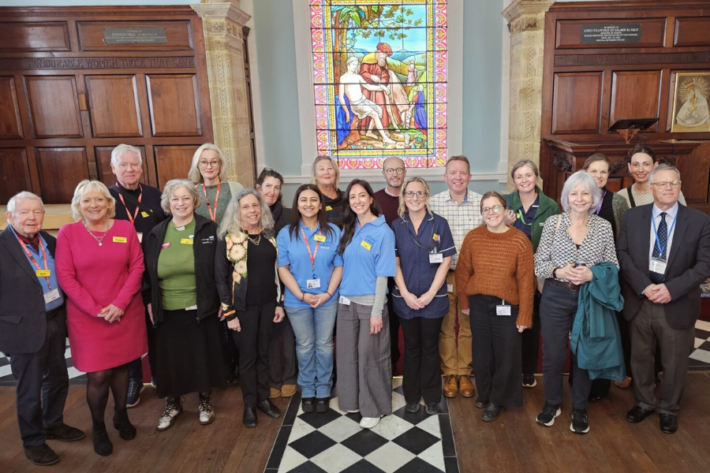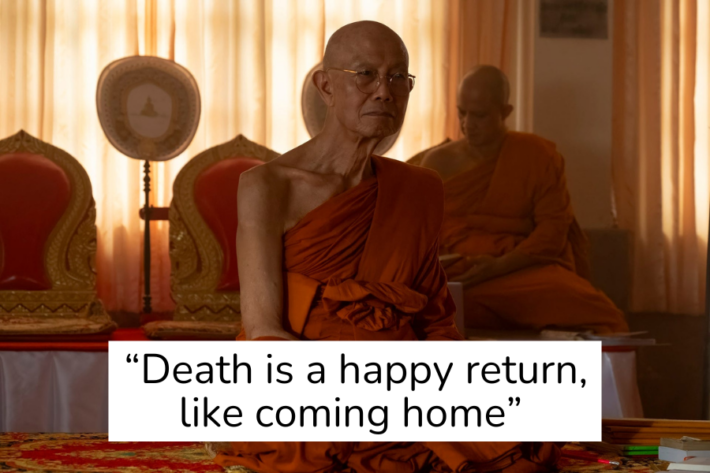Starting a conversation about dying is often not as hard as you think…

Claire Henry, MBE, our Patron and Visiting Researcher for the Palliative and End of Life Care Study Group University of Cambridge, shared her thoughts on this important topic for Dying Matters Week 2022.
“I have worked in palliative and end of life care for many years, where I talk about death, dying and bereavement frequently.
When people ask me what I do, I get different reactions ranging from those that are fascinated, wanting to talk, and those that cannot get away from me quickly enough. Overall, people want to talk to me about loved ones who have died, but many ask how and when they should talk about any aspect of death and dying.
Some would say there is never a good time, others would say anytime. I suggest that we are all different and can be triggered by different things that we see, think, or that happen to us over our lives.
For me triggers are important in starting a conversation about any aspects of death or dying. These triggers can be many and very varied. It’s important to remember, for most people these conversations do not need to be a one off, they can be built on over time and thoughts may change.
Here are five common triggers that I have either experienced or are often mentioned to me:
A significant life event
Big life changing milestones like the birth of a child, a wedding, or retirement can often make us reflect on our own life and mortality and can open a conversation about plans we want to or need to make, now that “we’re married”, “we have a child” or “we are retired”.
A life limiting illness
Learning that a friend, or a member of our family has a life limiting illness, will often get us thinking about what we would want if it happened to us.
A famous person dies
I remember when someone said to me, “I talked to my family about what I want to happen when I die after Princess Diana died so young, and so suddenly. It was such a shock, but it made me face my own mortality.” A high-profile death like this can plant the seeds to start a conversation.
Someone else organises their Will
Hearing that someone has sorted out their Will can start us thinking about what we want to happen when we die; who will look after our children, pets, belongings, investments, or even social media accounts?
Someone you know dies without a Will
Seeing the stress that a family can experience when a person dies without a Will in place, can spur us into action to think about our own end of life plans and inspire us to write our own Will.
Talking about death and dying can be hard, but once you start the conversation remember to make sure you write your wishes down. Putting things in writing can help others to understand and honour what matters to you. People often tell me it is easier to have these conversations early, when you are not approaching the end of your life – many say it’s like an insurance policy – there when you and your family need it.
Author: Claire Henry, MBE & Patron
Here at the Anne Robson Trust, we created a our ‘My Wishes Checklist’ as a useful resource to help you start these challenging conversations.
Why don’t you download the checklist to help you start the conversation now?



